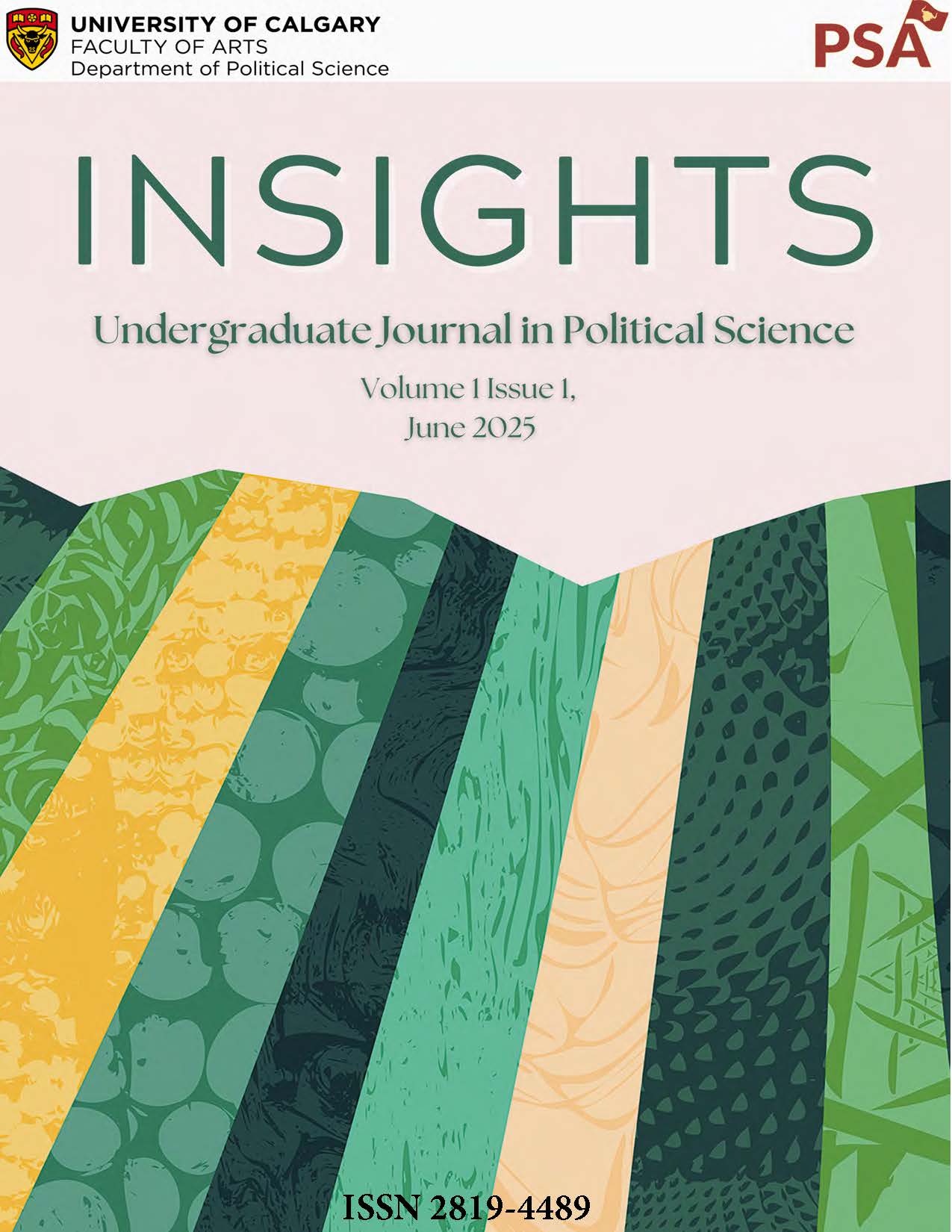Narratives of Nationhood
The Struggle for Separatism in Asia
Keywords:
Separatism, Constructivism, International Relations, Ethnic NationalismAbstract
This paper examines how states across the continent of Asia have reacted to separatist movements, with a focus on the case studies of Taiwan, Khalistan and Kashmir. This is illustrated through the multilateral and unilateral strategies that have been implemented and the international relations theory of constructivism exposes the undercurrents of these actions. Unilateral responses such as military interventions, sanctions and censorship reflect a state's desire to preserve its territorial integrity and suppress dissent amongst the population. More expansively, multilateral responses, ranging from symbolic support for intergovernmental organizations to selective foreign state investment, reveal the shocking ambivalence of the global community towards self determination. Constructivism posits that these responses are shaped by socially constructed identities, the domineering narratives and of course, historical context. This explains why Taiwan garners more support than Kashmir or Khalistan, as its alignment with democratic global discourses is advantageous in the current political climate. The paper expresses that success of separatist movements is not solely reliant on legitimacy or morality, but rather how effectively they can mirror the prevailing international norms. In sum, this study highlights that sovereignty and legitimacy are ever evolving and global recognition of separatist aspirations is deeply influenced by the stories that domestic and international actors choose to tell and believe.
Downloads
Published
Issue
Section
Categories
License
Copyright (c) 2025 Amitoj Hari

This work is licensed under a Creative Commons Attribution-ShareAlike 4.0 International License.
Open Access Policy:
Insights Undergraduate Journal in Political Science provides immediate open access to published content in support of the idea that free access to research helps support the exchange of knowledge and ideas. Authors will never be charged to submit or publish a manuscript through Insights, and all articles will be made available under a Creative Commons Attribution 4.0 Share-Alike License. as indicated in the Copyright Notice section under the page.


